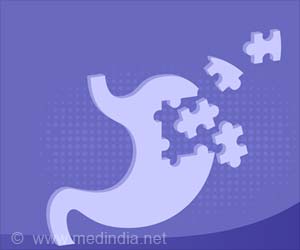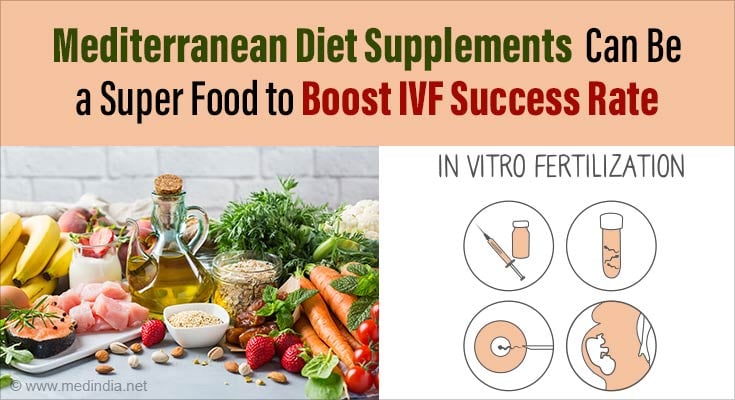- Frequent addition of salt to food increases the risk of stomach cancer by nearly 40%
- The study’s findings are consistent across various demographic, socioeconomic, and lifestyle factors
- There is a rising incidence of stomach cancer among people under 50, linked to high salt intake
In Asian countries where high-salt dishes are common, the association between salt consumption and stomach cancer has been shown. A long-term study by MedUni Vienna has revealed, for the first time, that this risk is also represented in European cancer data. According to a new study published in the specialist journal Gastric Cancer, those who frequently add salt to their food are approximately 40% more likely to acquire stomach cancer than those who do not use the salt shaker at the table (1).
Salt-Cancer Connection: Insights from Extensive UK-Biobank Data
Data from almost 470,000 participants from the large-scale British cohort research “UK-Biobank” were analyzed. Between 2006 and 2010, questionnaires were used to collect answers to questions such as “How often do you add salt to your food?” Selma Kronsteiner-Gicevic and Tilman Kühn of MedUni Vienna’s Center for Public Health led the research team, which compared the survey results to salt excretion in urine and data from national cancer registries. This study found that those who stated they always or regularly added salt to their food were 39% more likely to get stomach cancer over an 11-year observation period than those who never or seldom added an extra sprinkle of salt to their food. “Our results also stood up to the consideration of demographic, socioeconomic and lifestyle factors and were just as valid for prevailing comorbidities,” says first author Selma Kronsteiner-Gicevic, emphasising the significance of the results.
Stomach Cancer Affects More and More Young People
Stomach cancer ranks seventh among the most frequent cancers worldwide. Although the danger of this tumor condition increases with age, the most recent figures show a troubling increase among persons under the age of 50. Tobacco and alcohol consumption, Helicobacter pylori infection, and being overweight or obese are all risk factors. A very salty diet has previously been linked to an increased risk of stomach cancer in studies with Asian populations who commonly consume salt-preserved foods, strongly salted fish, or excessively salty marinades and sauces.
“Our research shows the connection between the frequency of added salt and stomach cancer in Western countries too,” emphasises first author Selma Kronsteiner-Gicevic. “With our study, we want to raise awareness of the negative effects of extremely high salt consumption and provide a basis for measures to prevent stomach cancer,” summarises study leader Tilman Kühn.
References:
- Adding salt to food at table as an indicator of gastric cancer risk among adults: a prospective study
Selma Kronsteiner‑Gicevic, Alysha S. Thompson, Martina Gaggl, William Bell, Aedín Cassidy,
Tilman Kühn
https://doi.org/10.1007/s10120-024-01502-9
Source-Medindia



